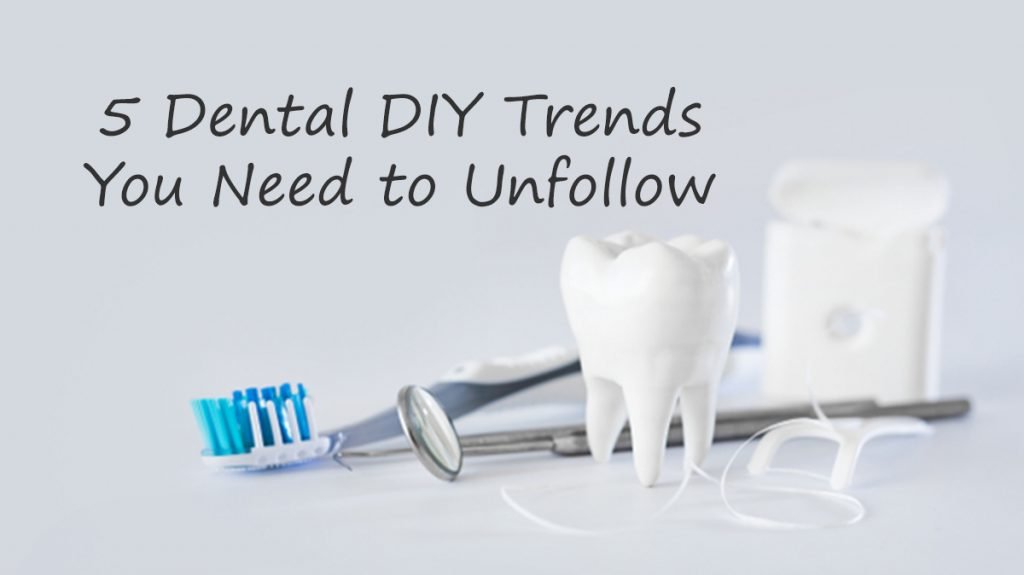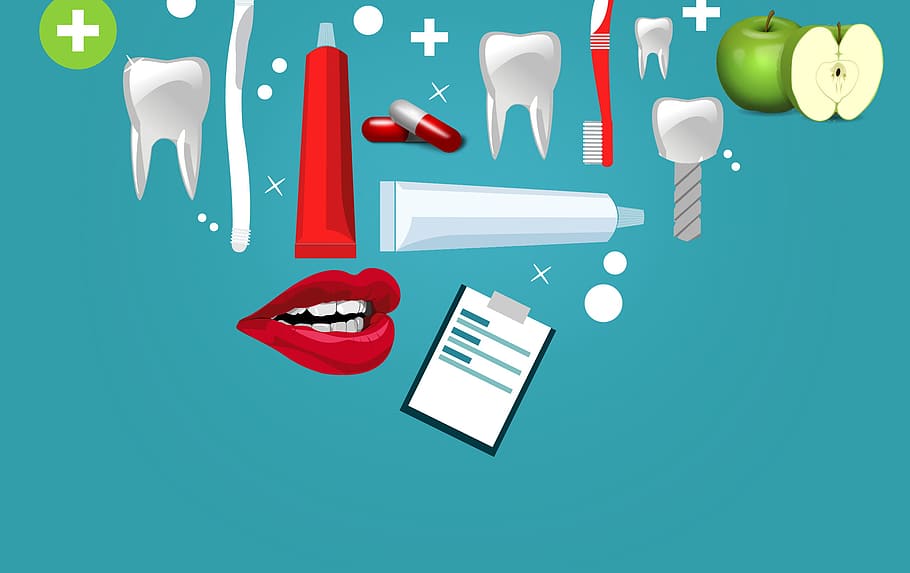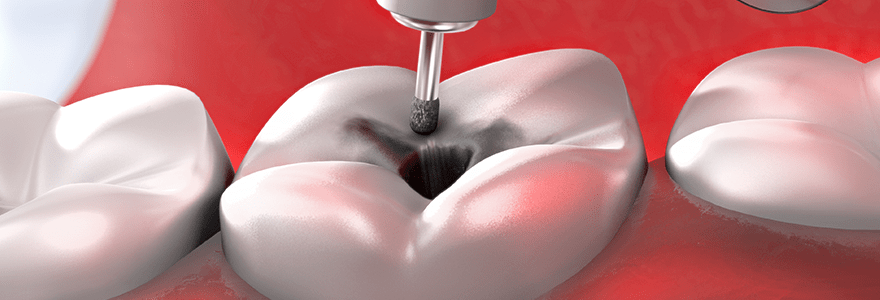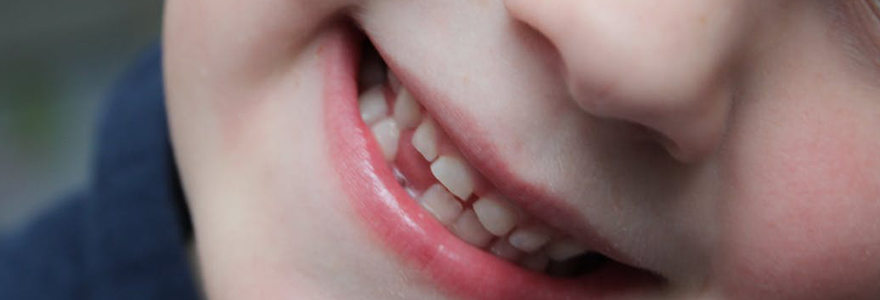- Post author:Dr. Gurpreet Gill
- Post published:November 23, 2020
- Post category:Dental Care/Dental Care in Calgary/Dental Hygiene/Dental Services/Family Dental Care
5 Dental DIY Trends You Need To Unfollow
DIY is often thought of as a way to cut corners. But, it becomes a scary proposition when it comes to Dentistry. The professional supervision & controlled environment of a dental office can never be the same as a kitchen sink. No matter how easy it is to rely on ‘Doctor Google’, one should never attempt DIY’s that pose health risks. Here are a few DIY Dental dont’s you must never attempt.

DIY Tooth Filing
DIY Tooth Whitening
The internet is full of ‘crazy hacks’, one of them being ‘ways to whiten teeth using household ingredients’. Citrus rinds, baking soda, activated charcoal, are unfortunately the popular choices of the internet. However, resorting to quick fixes with these ingredients can cause long term damage to your teeth. These ingredients are harsh on the tooth surface causing dental cavities, sensitivity and gum problems in few cases.



